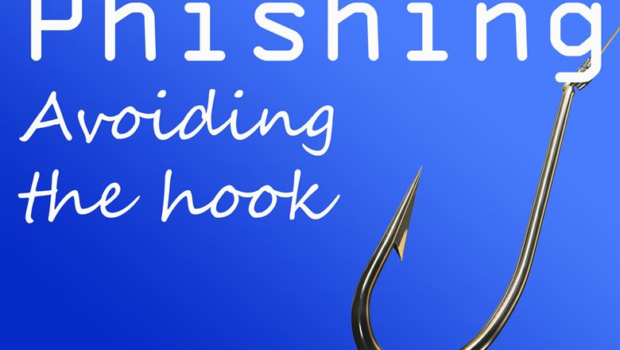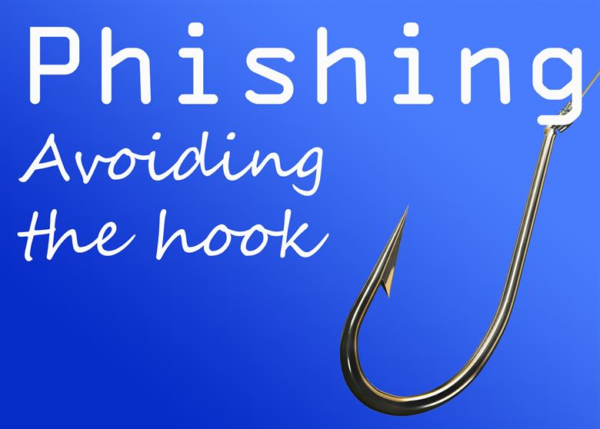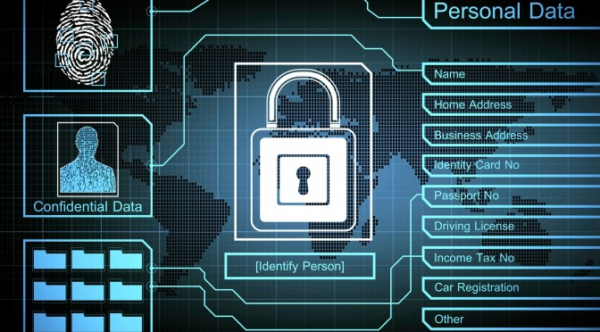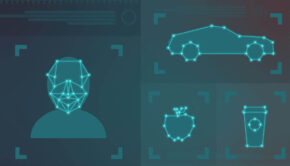The Business of Phishing Emails and How to Stay Safe
None of us wish to fall prey to phishing. Cyber criminal activities will continue because they’re fruitful enough for the criminals to make huge profits. Phishing scams started being reported since the inception of the internet and they don’t look like they will be wiped out easily.
Luckily, there are steps you can implement to avoid becoming a victim of phishing business and stay safe while doing your business online.
1. Use Antivirus Software
There are significant reasons why companies, agencies, and organizations need to go for antivirus software. Antivirus protects your device against potential threats that include viruses, malware, spyware, and ransomware. You only need to ensure your antivirus is updated. Keeping your software updated is essential because new threats are emerging every day. Therefore, keeping your anti-spyware and firewall settings updated is an elementary practice to stay safe from phishing activities. Firewall blocks the attacks to your system by denying access from malicious files. Antivirus scans each file that comes into your computer from the internet to your device thus preventing harm to your computer system.
2. Never Share Personal Information
It’s a generic rule that you should never give any personal information such as sensitive financial information through the internet. This rule originated from the days of American Online when internet users were constantly cautioned because of the prevalent phishing scams. If you’re not certain about the person inquiring about your precious information, you need to go to the primary site, find the company’s number and make a direct call. Numerous fraudulent emails will lead you to sites where you’ll be required to give your financial details. Never should you give confidential data through the links given to you via such emails. Before sending out any emails, check the email to confirm that it is not a scam. The most genuine websites always begin with “https.” You can read more about phishing training to stay safe since cybercriminals are becoming savvy on a daily basis.
3. Be Concerned About Pop-Ups
Pop-up displays mostly masquerade like genuine components of a site. Avoid responding to pop-up windows because in most cases they are phishing trials. Most browsers that are competent will give you an option of blocking the pop-ups. In case the criminal successfully slips through the cracks, don’t click at the “cancel” button. Clicking on such buttons will eventually direct you to a phishing site. To be on the safe side click on the letter “x” normally located at the top corner of the window.
4. Ensure Your Browser Is Updated
Security patches attached to popular browsers are released every time. They are offered regularly to manage the security loopholes utilized by phishers and hackers. If you have a habit of ignoring messages reminding you to update your browser stop immediately. Make use of the updates every time they pop up on your computer. Download and install them.
5. Check Your Online Accounts More Often
Staying away from an online account for long can give cybercriminals ample time to manipulate it. Form a habit of checking your online accounts regularly because you never know when the scammers strike. Make it your lifestyle to alter your passwords more often. To keep off credit card and bank phishing criminals, always check your account statements regularly. This lets you know of any fraudulent transaction that happened without your knowledge and apply necessary measures.
6. Analyze A Site’s Security
Before you share any valuable information online check to confirm that the sites’ URL is safe. A secure URL starts with “https,” and it should contain a closed lock icon on its address bar. Avoid following links that are offering low-cost items. Making purchases at such sites is a risk because the criminals may gain access to your credit card credentials and steal from you.
Conclusion
You need not to live with the phobia of phishing scams. By following strictly to the above tips, you’ll be able to enjoy a phishing-free online experience. Always remember there’s no foolproof technique to keep off phishing attacks.


















